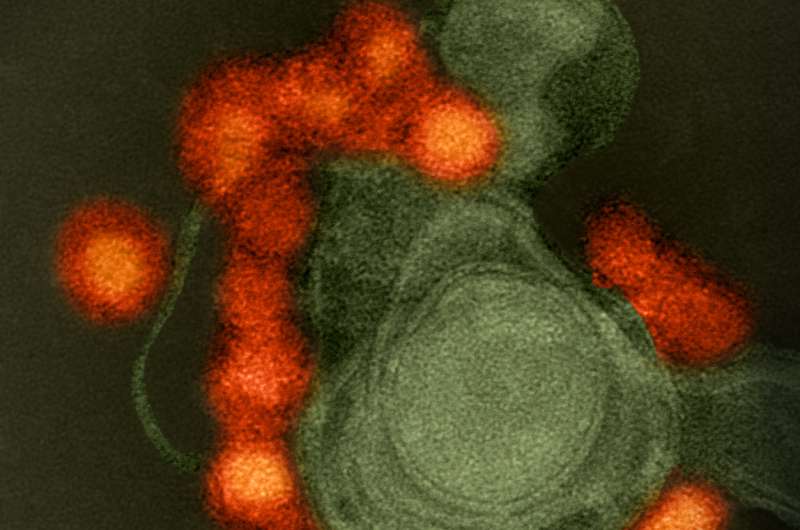Zika vaccine research—guidance for including pregnant women

New guidance for including pregnant woman and their babies in Zika vaccine research has been published today. It has been issued by a group of international experts in vaccinology, maternal and child health, public health and ethics.
Zika infection in pregnancy can have devastating effects on normal fetal development. But pregnant women are often automatically excluded from vaccine trials over safety concerns.
The guidelines argue that those most at risk from the virus – pregnant women and their babies – should be at the centre of Zika vaccine development.
What the guidance recommends
The guidance, developed with Wellcome funding, sets out how the research community can ensure that any vaccines developed are made available to those most at risk.
It puts forward three principles, each with recommendations directed at policymakers, funders, researchers, oversight bodies, regulatory authorities and the global public health community.
- To pursue and prioritise development of Zika vaccines that can be used by pregnant women.
- To ensure data is collected in time to inform judgments about safety and efficacy of vaccine administration in pregnancy.
- To ensure pregnant women have fair access to participate in research studies.
Why is the guidance needed?
Since 2016, thousands of children across South America have been born with microcephaly, which causes abnormally small heads, after their mothers were infected with Zika.
Zika vaccine development is proceeding rapidly, with a number of vaccine candidates already moving into Phase II clinical trials.
The researchers argue that unless these recommendations are acted on soon, pregnant women and their babies will be un fairly excluded from the benefits of whichever vaccines prove effective. And pregnant women and their clinicians will lack the evidence they need to make informed decisions about using these vaccines.
Why aren't pregnant women involved in medical research studies?
Doing research studies with pregnant women has been historically challenging and ethically complex. The vast majority of clinical trials for all biomedical interventions, including vaccines, have excluded pregnant women.
There are many reasons for this, including overly cautious interpretations of what is allowed under research regulations and concerns about legal liability.
As a consequence, many drugs and treatments enter the market with little or no data on safety and efficacy in pregnancy – and it can take decades to generate this evidence post-authorisation.
More information: Full report of the Guidance and the Executive Summary: www.zikapregnancyethics.org/



















